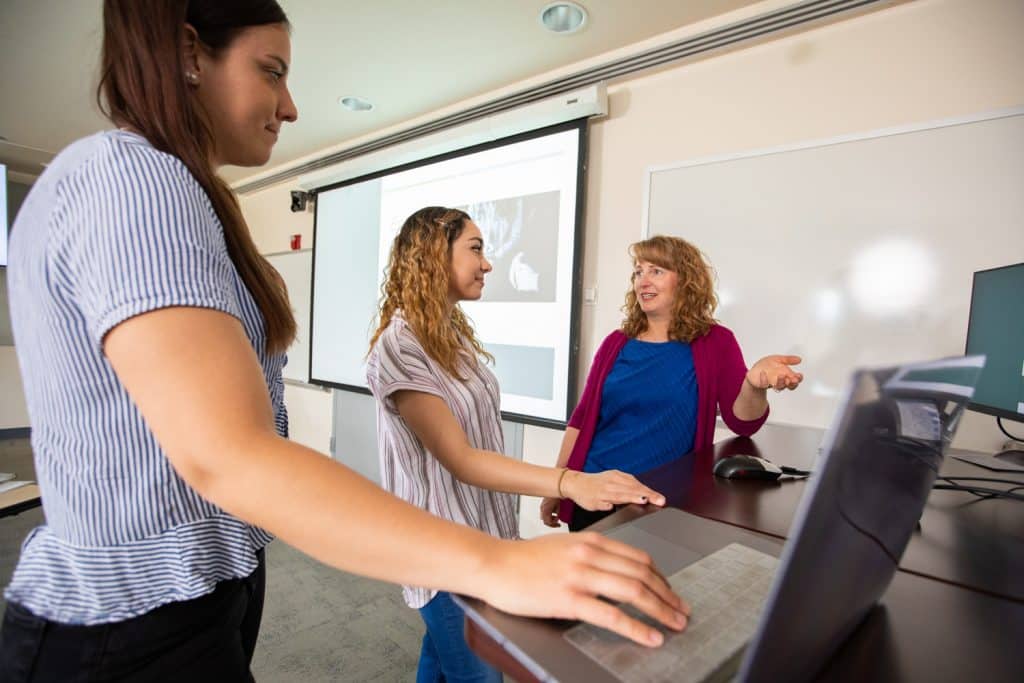Rethinking what it means to be healthy might just start with questioning long-held assumptions about weight. The notion that a slimmer figure equates to better health is being challenged by emerging research and a shift in healthcare approaches.
Two decades ago, dietitian Dawn Clifford began re-evaluating her stance on weight and health after a colleague specializing in eating disorders remarked, “You’re creating more patients for me.” Clifford, now a professor at Northern Arizona University’s Department of Health Sciences, reflected, “I believed there were ‘healthy’ weights and ‘unhealthy’ weights, and my practice was very weight-centric at that time.” She soon realized her methods were not helping patients achieve lasting health improvements.
Clifford embarked on a journey to explore weight-inclusive healthcare, discovering research that contradicted traditional beliefs. One study revealed that individuals classified as “overweight” according to the Body Mass Index often lived longer than those with “normal” weight. Another review indicated that most individuals with larger bodies who lose weight through diet and exercise tend to regain it. Furthermore, there is a high incidence of undiagnosed eating disorders among individuals at higher weights.
Clifford notes, “Health care professionals want to do no harm, but studies are finding that when health care practitioners recommend weight loss or take a weight-centric approach, there are serious risks involved.” This includes unsafe dieting practices and the potential development of eating disorders. Clifford advocates for a weight-inclusive approach, emphasizing its benefits for mental and physical health.
In an effort to train future healthcare providers in more empathetic practices, Clifford and her colleagues at NAU are incorporating weight-inclusive principles into their curriculum. Their teaching methods include case studies of larger patients, inclusive communication, and nutritional plans centered on overall well-being rather than weight loss.
“The truth is, weight is just one way of looking at health,” Clifford stated. “I believe in evidence-based care, and the evidence shows that weight-inclusive care is the best way to promote health and happiness.”
Teaching Compassionate Care
Nikole Squires, a lecturer in NAU’s fitness wellness program, has personal experience with the potential harms of weight-centric health advice. As a college student in athletic training, Squires developed anorexia nervosa and observed similar issues among her peers.

“I saw where a lot of it came from—coaches had a certain idea of what an athlete’s body should look like in a certain sport,” Squires explained. During her recovery, she delved into weight-inclusive practices, inspired by Clifford’s research. Now, as part of NAU’s team, she works to instill these practices in students.
Clifford highlights the complexity of weight as a health factor, saying, “We try to gently challenge that view with questions and examples that get them thinking critically about how many factors contribute to someone’s weight and health.”
Squires provides practical examples, such as the challenges faced by individuals in rural communities who might not have easy access to healthy food or safe exercise environments. “With weight-inclusive care, we can focus on behaviors while also realizing everyone’s life circumstances are different,” she said.
‘Every Body is Welcome’
Beyond classroom teaching, Clifford and Squires lead the University Coaching for Activity and Nutrition (UCAN) program, supporting health goals across the NAU community. They also advocate for size diversity in healthcare professions.

“Oftentimes, individuals at higher weights feel like they’re not going to be accepted in the profession they’re choosing,” Clifford said. “I think it’s so important to send the message to our students that every body is welcome in all health and fitness professions.”
They also co-founded the Weight Inclusive Research in Education (WIRED) collaborative, bringing together international experts in weight-inclusive practices. Squires observes the growing acceptance of these practices, stating, “When you can’t dispute the evidence, that’s when things start to change.”
Read More Here









Be First to Comment